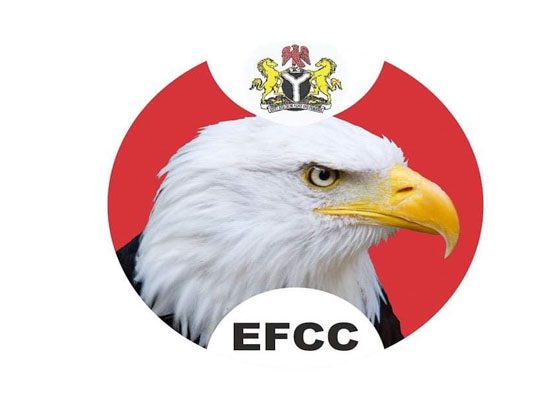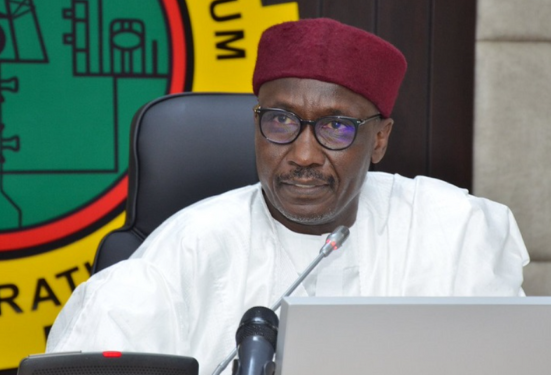In a major anti-corruption bust, the Economic and Financial Crimes Commission (EFCC) has arrested a former Chief Financial Officer of the Nigerian National Petroleum Company Limited (NNPCL), Umar Ajiya Isa, over a massive $7.2 billion scandal involving Nigeria’s long-abandoned refinery rehabilitation projects.
It was gathered on Monday that Isa, who served as NNPCL’s CFO, is currently being grilled by EFCC operatives over how billions of dollars meant for the turnaround maintenance of the Port Harcourt, Warri, and Kaduna refineries mysteriously went down the drain without tangible results.
According to EFCC insiders, a staggering $2.9 billion is already under the microscope. The breakdown shows $1.5 billion earmarked for the Port Harcourt refinery, $740 million for Kaduna refinery, and over $656 million for Warri refinery, all allegedly mismanaged or diverted.
A top EFCC official, speaking anonymously, disclosed:
“Isa was the chief custodian of funds for the refinery turnaround projects. We’re now digging deep into how those funds were disbursed, and whether due process was followed. We’re also probing claims of massive kickbacks and contractor fraud.”
The agency has also taken into custody the former Managing Director of the Warri Refinery, Jimoh Olasunkanmi, as part of the sweeping probe into what insiders are calling “one of the biggest public fund diversions in Nigeria’s oil sector history.”
Others in the EFCC net or under watch include Tunde Bakare, MD of Warri Refinery; Ahmed Adamu Dikko and Ibrahim Monday Onoja, former MDs of Port Harcourt Refinery, all fingered in suspicious transactions and approvals running into billions of dollars.
Though EFCC’s official spokesperson, Dele Oyewale, was unavailable for comments at press time, multiple sources within the agency confirmed that more arrests could follow.
This latest development comes on the heels of earlier arrests in April when several managing directors and top executives of the three major refineries were picked up by EFCC over similar allegations of fraud and mismanagement of funds meant for facility upgrades.
The investigation is said to be wide-ranging, targeting not just the fund handlers but also the contractors, procurement officers, and ministry officials linked to the failed refinery projects.
Despite repeated government assurances and budget allocations, the Kaduna, Warri, and Port Harcourt refineries have remained comatose, with Nigeria still heavily reliant on imported petroleum products.
As Nigerians continue to groan under fuel subsidy removal and rising energy costs, this latest revelation has sparked fresh outrage over the rot in the nation’s oil sector.







